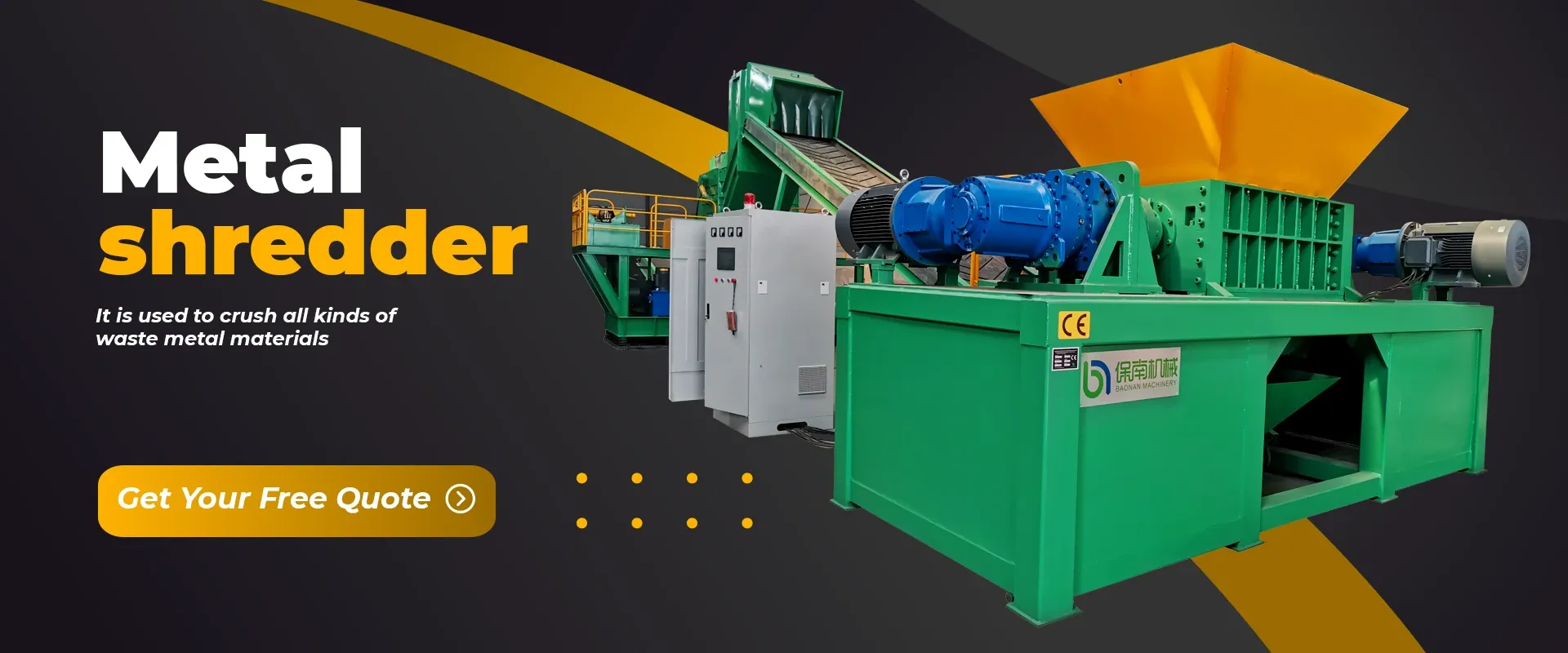

نومبر . 04, 2024 11:55 Back to list
The Importance and Functionality of an Aluminium Recycling Plant
Aluminium recycling has gained significant importance in recent years, owing to the need for sustainable practices in waste management and resource conservation. An aluminium recycling plant serves as a crucial facility dedicated to the collection, processing, and repurposing of aluminium materials. This not only minimizes environmental impact but also contributes to a circular economy, where materials are reused rather than discarded.
The Process of Aluminium Recycling
The recycling process in an aluminium plant typically begins with the collection of scrap aluminium. This can come from a variety of sources, including old vehicles, discarded cans, construction materials, and industrial waste. Once collected, the aluminium undergoes several steps of processing to ensure it is ready for reuse.
1. Sorting At the plant, the collected aluminium is sorted to remove impurities and non-aluminium materials. This step is crucial as it ensures that clean, high-quality aluminium is sent for further processing.
2. Shredding After sorting, the aluminium is shredded into smaller pieces. This reduces the size of the material, making it easier to handle and process in the subsequent steps.
3. Melting The shredded aluminium is then melted down in a furnace. The melting process is energy-efficient, requiring only about 5% of the energy needed to produce new aluminium from raw bauxite ore. This represents a significant reduction in energy consumption and greenhouse gas emissions.
4. Casting Once melted, the aluminium can be cast into molds to create new products. This could include ingots, which are then sold to manufacturers for the fabrication of new items such as cans, automotive parts, or building materials.
5. Quality Control After casting, the recycled aluminium undergoes quality control checks to ensure that it meets the necessary standards for various applications. This includes assessing the purity and strength of the recycled material.

Environmental Benefits
The environmental impacts of aluminium recycling are profound. Recycling aluminium saves approximately 95% of the energy required to produce new aluminium from ore. Given that conventional aluminium production is highly energy-intensive, the shift towards recycling significantly reduces carbon emissions associated with energy production. Furthermore, recycling aluminium reduces the need for mining new bauxite, helping to conserve natural resources and protect ecosystems.
Moreover, recycling helps to reduce waste in landfills. Aluminium cans and other products can take hundreds of years to decompose, and every year, millions of tonnes of aluminium waste end up in landfills. By effectively recycling these materials, aluminium recycling plants contribute to minimizing landfill waste, fostering a cleaner and healthier environment.
Economic Advantages
In addition to environmental benefits, aluminium recycling plants also provide economic advantages. The recycling industry generates jobs in various sectors, from collection and sorting to processing and manufacturing. Each stage of the recycling process requires skilled labor, offering employment opportunities within local communities.
Moreover, recycled aluminium possesses a strong market value. Businesses and manufacturers often prefer using recycled materials due to their lower costs and reduced environmental footprint. Consequently, aluminium recycling can stimulate economic growth while promoting sustainable practices.
Conclusion
Aluminium recycling plants play a vital role in promoting sustainability and environmental conservation. By efficiently processing aluminum scrap, they save energy, reduce greenhouse gas emissions, and conserve natural resources. Coupled with significant economic benefits, these facilities are integral to developing a circular economy and minimizing humanity's environmental impact. As we move toward a more sustainable future, the importance of aluminium recycling and the plants that drive this process will only continue to grow. Embracing recycling not only reflects responsible environmental stewardship but also addresses the pressing needs of an increasingly resource-constrained world.
Latest news
Troubleshooting Common Eddy Separator Problems
NewsJul.04,2025
The Role of Metal Recycling Plants in Circular Economy
NewsJul.04,2025
The Impact of Recycling Line Pickers on Waste Management Costs
NewsJul.04,2025
Safety Features Every Metal Shredder Should Have
NewsJul.04,2025
How Industrial Shredders Improve Waste Management Systems
NewsJul.04,2025
How Cable Granulators Contribute to Sustainable Recycling
NewsJul.04,2025